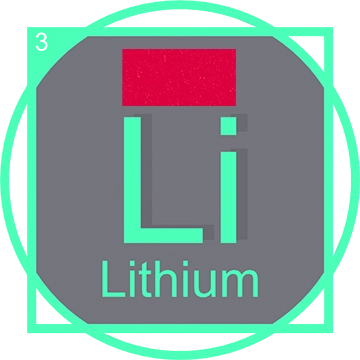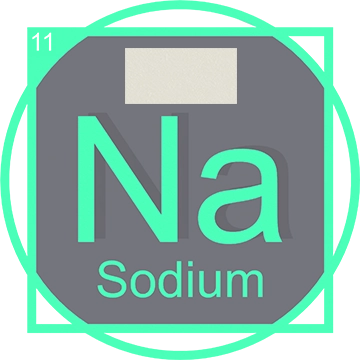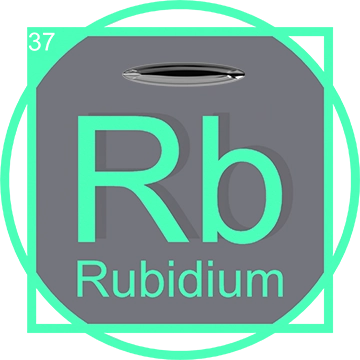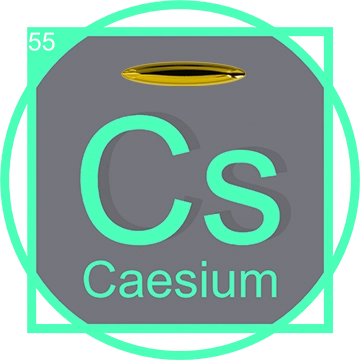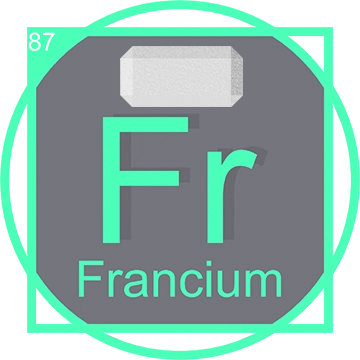Exploring Alkali Metals: From Reactive Wonders to Everyday Uses
Delve into the dynamic world of alkali metals, elements known for their remarkable reactivity and pivotal roles in both industry and daily life.
What Are Alkali Metals?
Alkali metals are a group of elements located in group 1 of the periodic table. They include lithium (Li), sodium (Na), potassium (K), rubidium (Rb), cesium (Cs), and francium (Fr). These metals are characterized by their single electron in the outer shell, which contributes to their high reactivity and distinctive properties such as softness, vibrant reaction with water, and low melting points.
Characteristic Properties and Reactivity of Alkali Metals
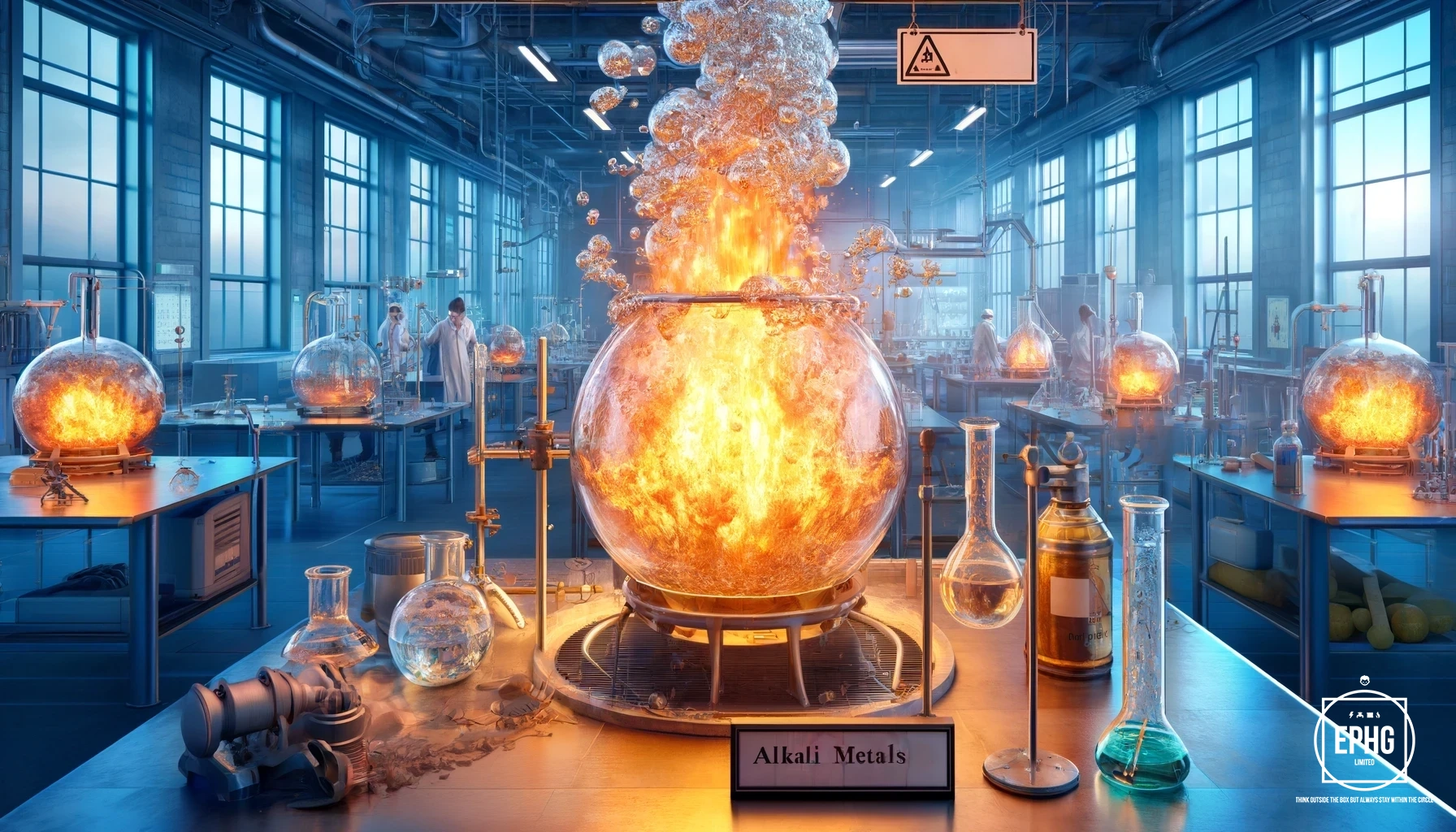
Alkali metals are known for their vigorous reactions, especially with water, releasing hydrogen gas and heat, often resulting in flames. For instance, when potassium comes into contact with water, it creates a violent reaction that is both fascinating and hazardous. This reactivity is due to their low ionization energies which facilitate the loss of their outermost electron.
Their reactivity increases down the group, with francium being the most reactive, though it is rare and highly radioactive, limiting its practical applications.
Applications and Uses of Alkali Metals
Alkali metals have a wide range of applications. Lithium is crucial in the manufacture of batteries, especially for electric vehicles and portable electronic devices. Sodium is used not only in everyday table salt but also in street lighting and as a coolant in some nuclear reactors. Potassium plays a critical role in agriculture as a primary component of fertilizers.

This detailed image vividly illustrates the multifaceted applications of alkali metals in modern technology and industry. On the left, the production of lithium batteries for electric vehicles and portable electronic devices is depicted, highlighting the crucial role of lithium in the advancing field of energy storage. The center of the image captures the use of sodium in urban street lighting, casting a bright glow that emphasizes sodium's importance in public infrastructure. Additionally, sodium's role as a coolant in nuclear reactors underscores its critical function in energy production. On the right, the use of potassium in agriculture is showcased, with a lush and vibrant depiction of agricultural fields enriched with potassium-based fertilizers, essential for enhancing crop growth and agricultural productivity.
Alkali Metals Occurrence and Extraction
These metals are typically obtained from various minerals and salts. Lithium can be extracted from spodumene and other lithium-bearing minerals or sourced from lithium-containing brines. Sodium is predominantly obtained through the electrolysis of molten sodium chloride (salt), while potassium is usually extracted from potash.
Handling and Safety of Alkali Metals
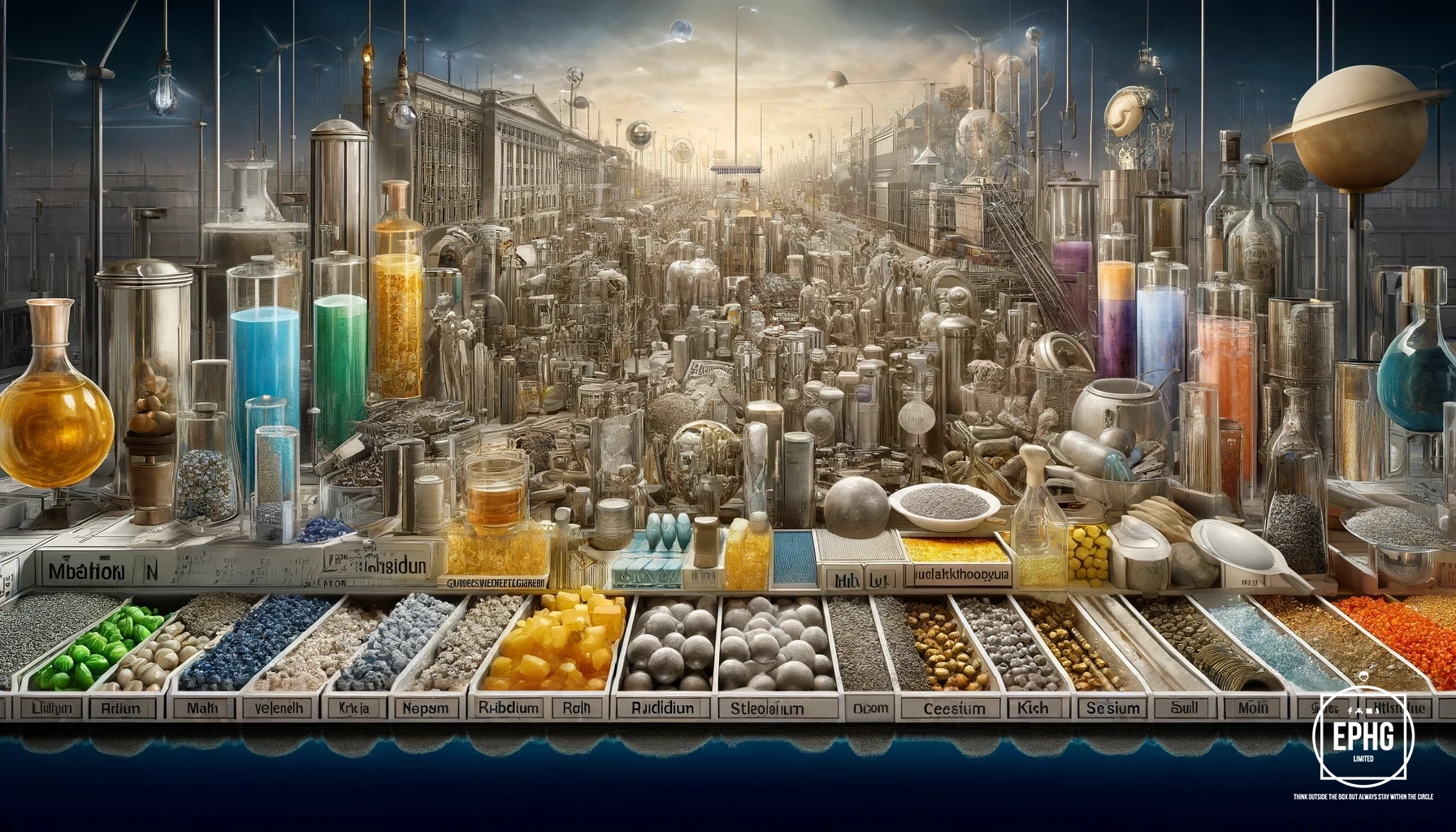
Due to their high reactivity, special precautions are necessary when handling alkali metals. They are usually stored under oil to prevent air and water exposure and must be handled using non-reactive tools in controlled environments.
Innovations and Future Prospects of Alkali Metals
The ongoing research into alkali metals promises new innovations, particularly in energy storage and power generation. Lithium's role in next-generation battery technologies continues to evolve, potentially leading to more efficient, longer-lasting energy solutions.
Frequently Asked Questions about Alkali Metals
- Why are alkali metals so reactive?
- Their single valence electron, which is loosely bound, makes it very easy for them to lose that electron, leading to high reactivity.
- Can alkali metals be found in nature?
- Yes, but due to their reactivity, they are not found in their elemental state but rather as compounds.

